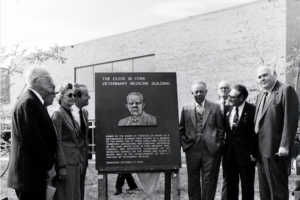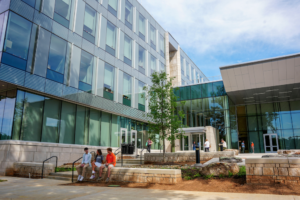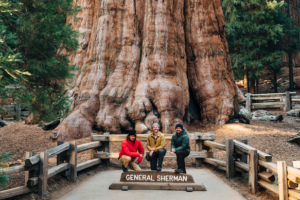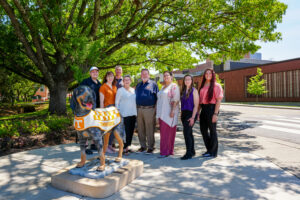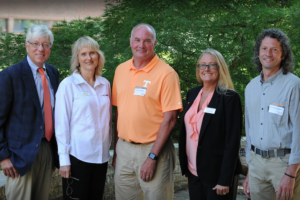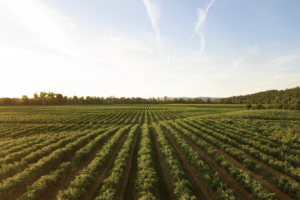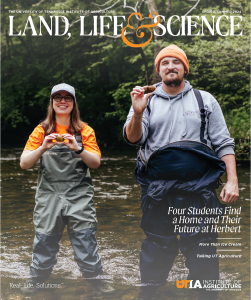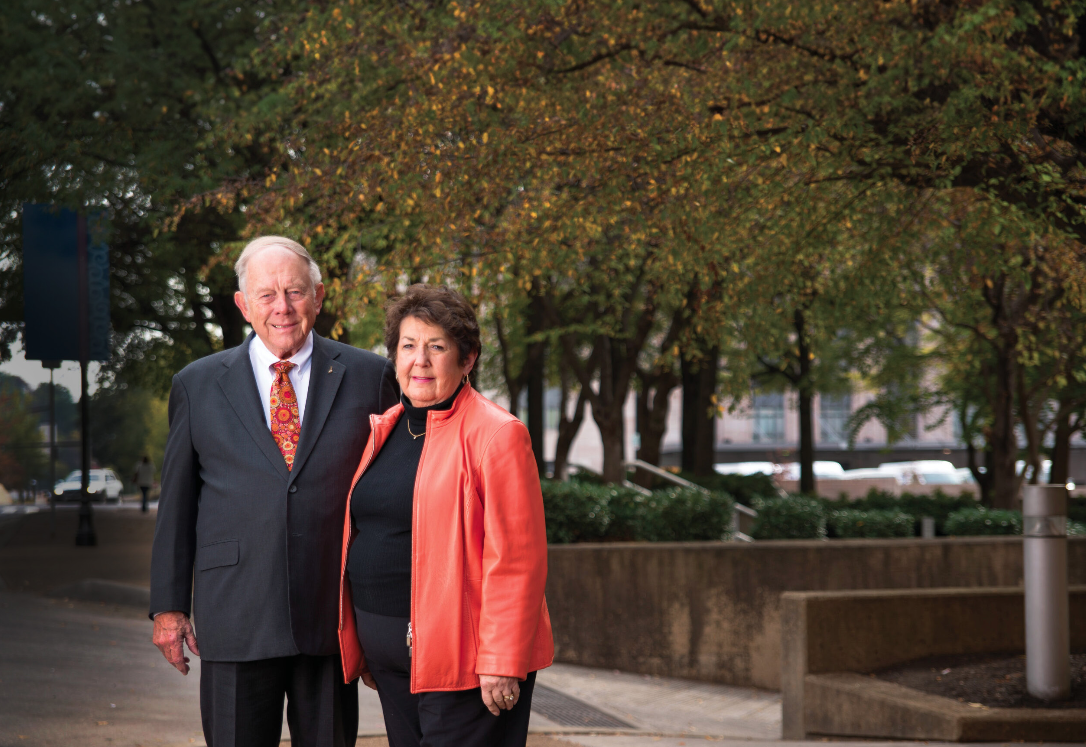
UT alumni Jim and Judi Herbert became benefactors of the Herbert College of Agriculture because of their passion for agriculture and natural resources and their desire to see the college and its students flourish.
When Jim Herbert was asked, “Why the College of Agriculture?” he responded, “The College of Agriculture is the culmination of a lot of different disciplines at the University of Tennessee. It is possible only because of what’s going on across the sciences.”
Today, in part due to the Herberts’ investments in the college that bears their name, Herbert is thriving. David White, interim dean of Herbert, says it best, “Herbert is growing in a number of important ways, including recruitment, new programming, and expanding opportunities for experiential learning.”
More Students
The numbers speak for themselves. Applications have almost doubled since 2021, and enrollment has risen to more than 1,600 undergraduates and close to 2,000 students in total.
To support recruitment efforts, full-time undergraduate recruiters have been added to focus on East, Middle, and West Tennessee, expanding the impacts of more than thirty Herbert Student Ambassadors. These exemplary students serve the college, its student body, and their community through recruiting prospective students, representing and supporting the college, and promoting public awareness of opportunities within the college and the many fields of agriculture. Over the past year, the college’s recruitment team, led by enrollment services director Cassie Johnson, has set record numbers in college-specific tours, high school visits, and appearances at state and national conferences.
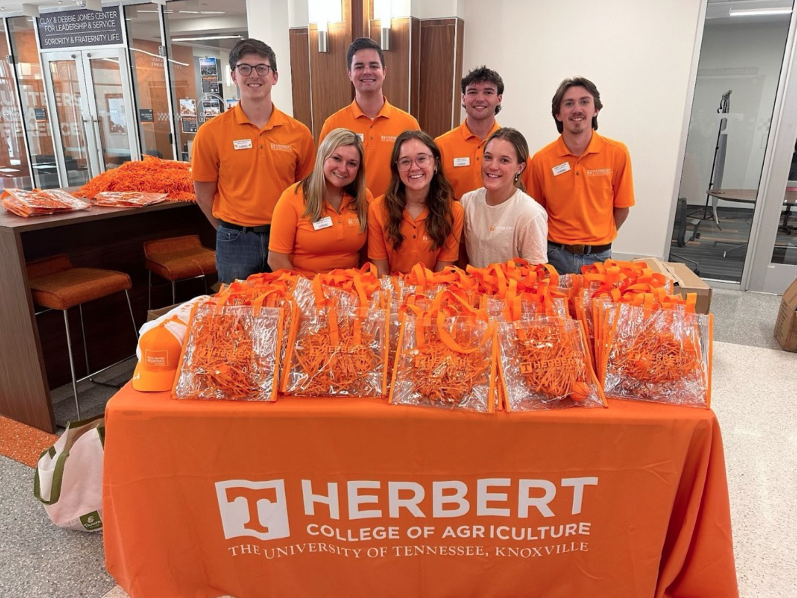
“When it comes to recruitment,” Johnson says, “it is really about seeing every individual student for the person that they are and the potential they have to make an impact in such a critical industry.”
More Programs
The college also is growing in the breadth and variety of its programs. Currently, Herbert offers eleven undergraduate majors, seventeen minors, ten graduate programs, and six PhD programs.
From gaining skills to work at top construction companies to pursuing a master’s degree in agricultural communications online, Herbert provides a path for every type of student interest. Look for new programs ahead in fermentation sciences, bioinformatics, outdoor recreation and parks management, environmental sciences, and more.
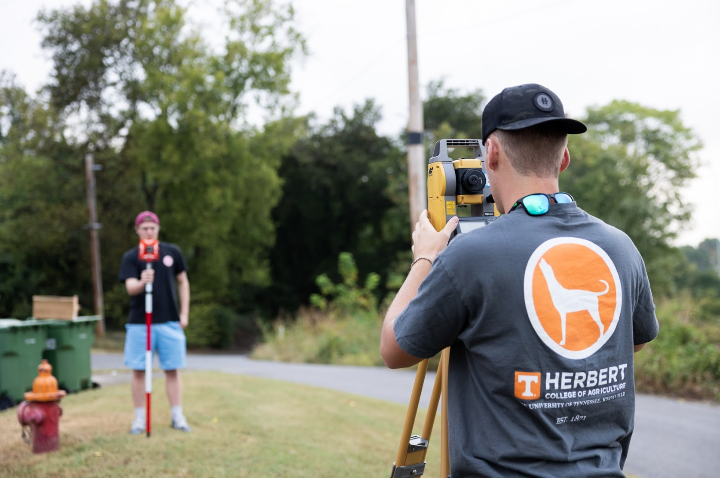
The Department of Agricultural Leadership, Education and Communications, specifically, has seen an 80 percent rise in enrollment in the past three years. “A substantial portion of this growth stems from our online BS and MS offerings,” says department head Christopher Stripling. “Our online programs have opened doors to previously underserved demographics, fostering accessibility to a University of Tennessee degree.”
More Opportunities
Herbert stands alone in providing impactful experiential learning opportunities. Students can take their education across borders through the Smith Center for International Sustainable Agriculture, an invaluable on-campus resource that continues to expand horizons and options for global learning.
Dynamic experiential learning also takes place through graduate and undergraduate research. Herbert students are currently involved in sports turf research and stadium preparation for the 2026 FIFA World Cup. Another new research project teams students with top scientists at NASA in the area of controlled environmental agriculture.
Experiential learning opportunities include prestigious internships with Tennessee state government and food and product development at the UT Creamery, an exciting new campus and community destination.
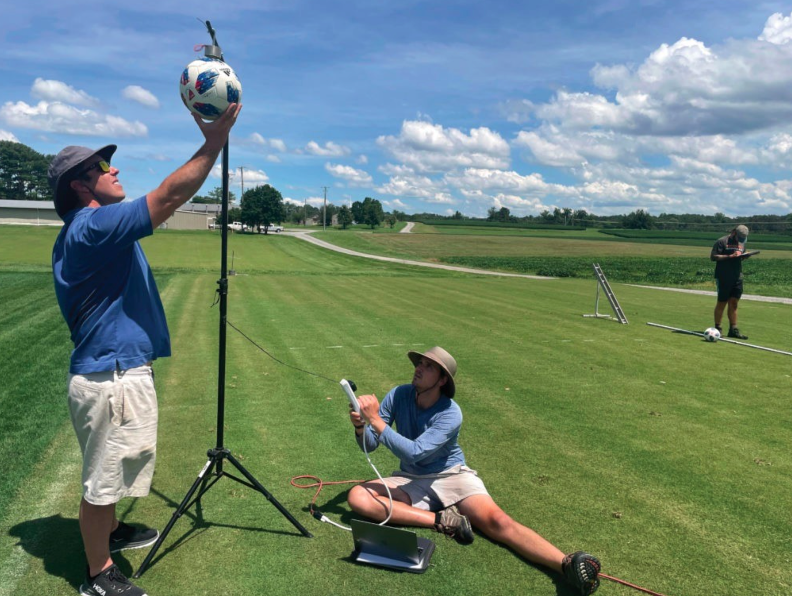
More Success
“These are truly exciting times for us,” Herbert Interim Dean David White says. “It is clear from what’s happening now and the momentum that’s been building across the past few years that our reputation for excellence will only grow in national visibility and reputation.”
He continues, “The Herbert College of Agriculture will stay relevant by solving grand challenges and preparing the workforce of tomorrow.”
Explore More on
Features
MORE FROM THIS ISSUE


